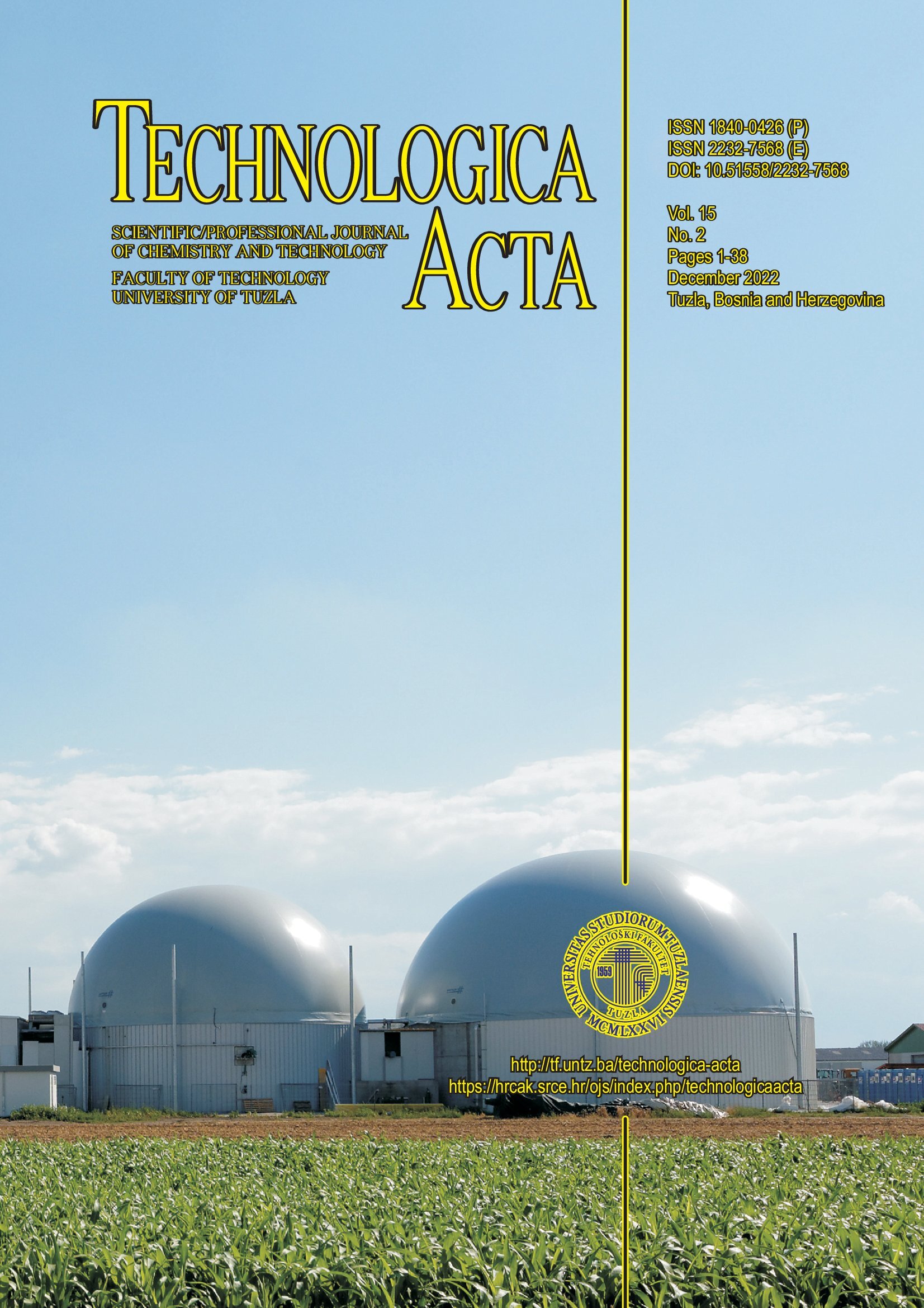Physicochemical characteristics of products based on honey and hawthorn (Crataegus spp)
Keywords:
physicochemical characteristics, honey, hawthornAbstract
Medicinal plants have become an increasing subject of interest worldwide due to the large amount of biologically active substances that have potential beneficial health properties. One of the more interesting popular medicinal plants is hawthorn (Crataegus spp.), a deciduous branched shrub that is increasingly used for health purposes. Various parts of this plant, including berries, flowers, and leaves, are rich in nutrients and beneficial bioactive compounds that are effective in treating many conditions. Honey is a natural sweetener produced by bees from plant secretions. Known for its nutritional and medicinal values, it gives strength to the body, which is why it is indispensable in the human diet. Taking into account all of the above, the goal of the work is to test samples of the mixture of honey and hawthorn in different proportions and determine the physical and chemical characteristics: pH value, electrical conductivity, refractive index, viscosity, water activity, HMF, DPPH. Based on the analysis, appropriate conclusions will be drawn and the possibility of registering this mixture as a food supplement will be determined.
On the basis of the conducted analyses, it can be concluded that the parameter values are within the permitted limits defined by the Rulebook (Official Gazette Bosnia and Herzegovina No. 37/09). The analysis of the mentioned parameters showed that the chemical composition of the sample plays a major role in the value of the measurement results, and that sample III has the best antioxidant properties.
Downloads
Published
Issue
Section
License
Copyright (c) 2023 Melisa Ahmetović

This work is licensed under a Creative Commons Attribution 4.0 International License.


